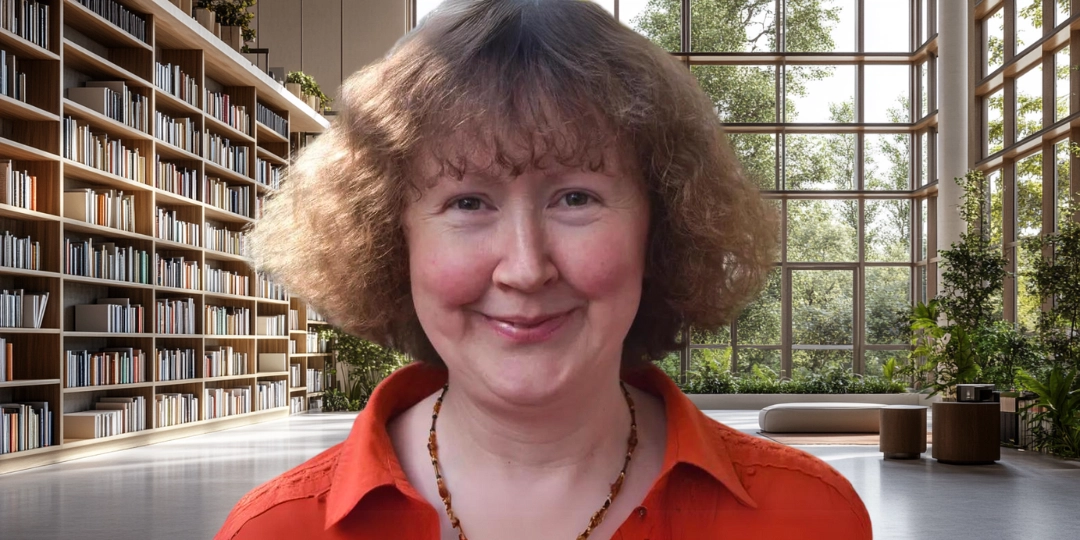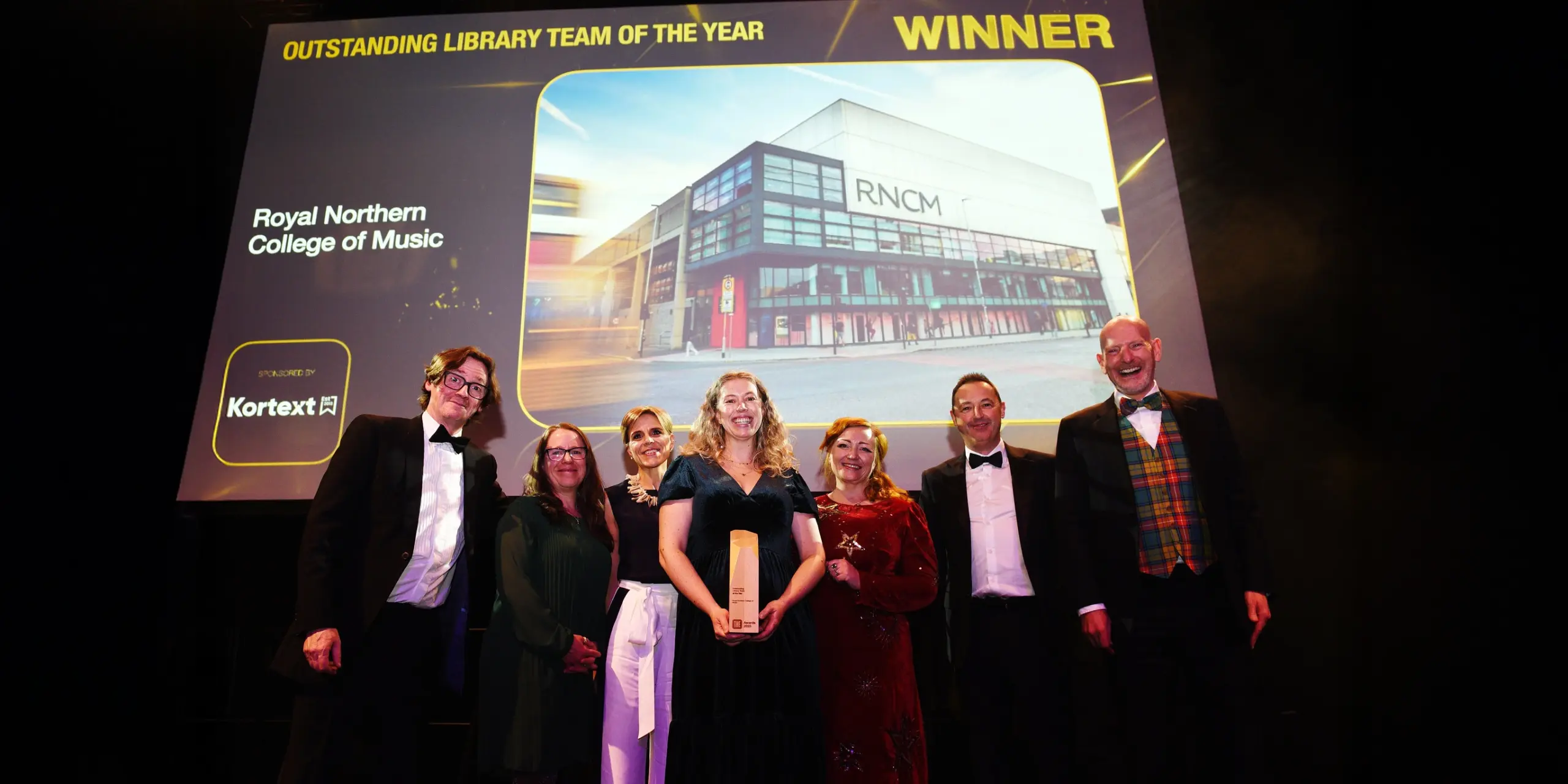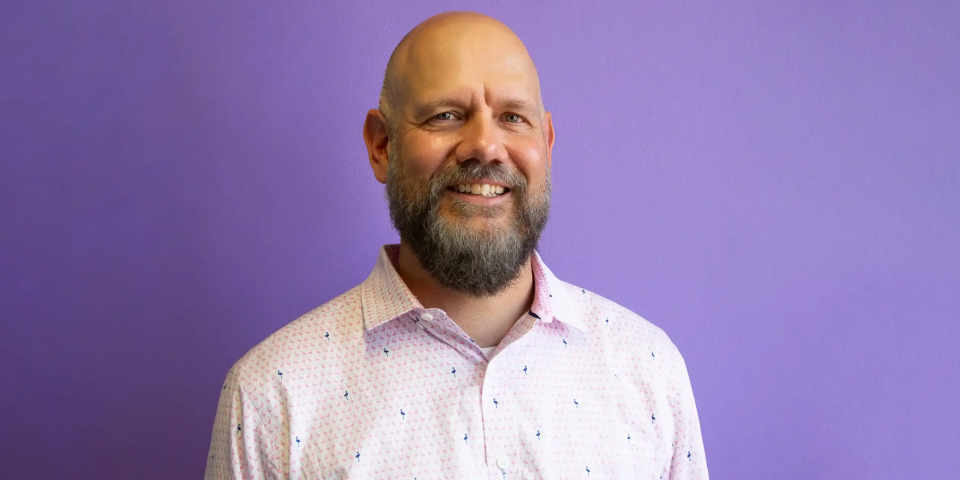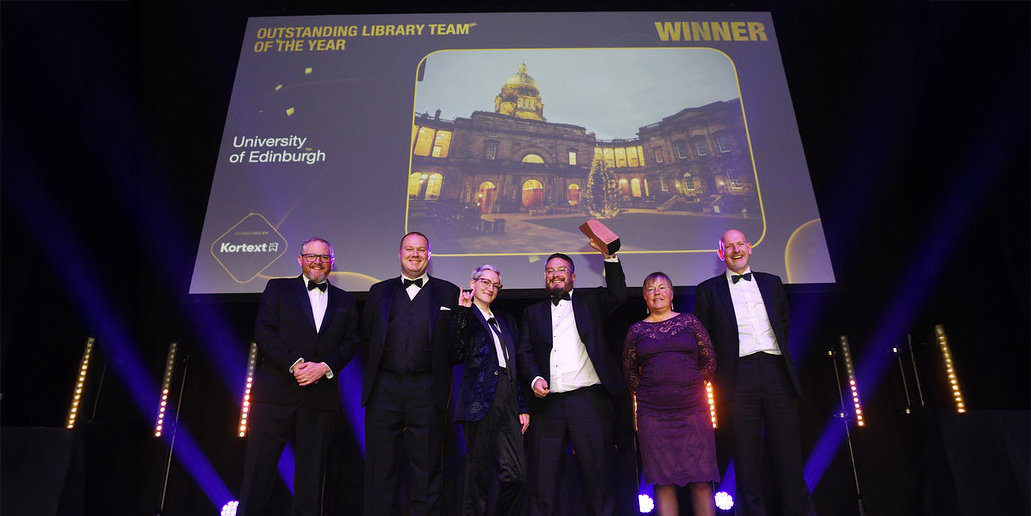An interview with Anne Worden, University of Portsmouth
Anne Worden from the University of Portsmouth was the lucky winner of cupcakes for her library team in our summer webinar.
We caught up with Anne to find out more about her library career, and we got some excellent recommendations for European crime dramas along the way!
How and when did you become a librarian? Is it something you always wanted to do?
No, although I was a helper in the library at my secondary school. As part of my Duke of Edinburgh Gold Award, I worked in the library at my tertiary college for six months.
I didn’t know what I wanted to do when I finished university, but the Careers Service sent out bulletins of vacancies and there were a few library jobs on there.
“…after I left university, I started working in Manchester Polytechnic library. They took on a group of about 20 graduate trainees…and they had a whole programme designed for us.”
We got to work on the issue desk, on one of the subject floors to find out more about subject work, and I was given a chance to work in the inter-library loans office as well.
“I got a bursary to study the library MA at the University of Sheffield.”
After that, I worked at the Polytechnic of Central London (now University of Westminster). They had a separate languages library then, so I spent a couple of years looking after Spanish and Italian there.
They had a programme for new librarians so I got my chartership while I was there. Being in London, there were lots of activities to find out about different aspects of libraries and librarianship.
Following that, I went to the University of York and I was the Information Officer in the Computing Service for about five years.
What does your current role involve?
I’m the Faculty Librarian for Humanities and Social Sciences at the University of Portsmouth.
I started in 1997 as the subject librarian for Languages and Area Studies. Since then I’ve taken on other subjects, including Sociology, Politics & International Relations, Education, History and Literature.
“I really like the variety. There are a lot of different aspects to the job.”
I see students when they first arrive, to introduce them to the full range of what the library can offer – as you know, it’s a lot more than books these days.
I teach seminars in the first term, showing students how to use eBooks and how to search for journal articles. I show History students how to use online newspaper archives as well.
In the second year, I introduce students to dissertation searching, mind mapping and referencing software, plus more in-depth searching on specialist library databases.
I see new postgraduate students, but many of them are distance learners, so I teach them online using tools like Zoom, Padlet and online polling software.
Plus, I support students with 1-1 appointments, both in-person and online. I help lecturers to create and update their online reading lists too.
At other times I’m much more focused on the spending the budget, so working out the best packages for online archives and resources that we can buy.
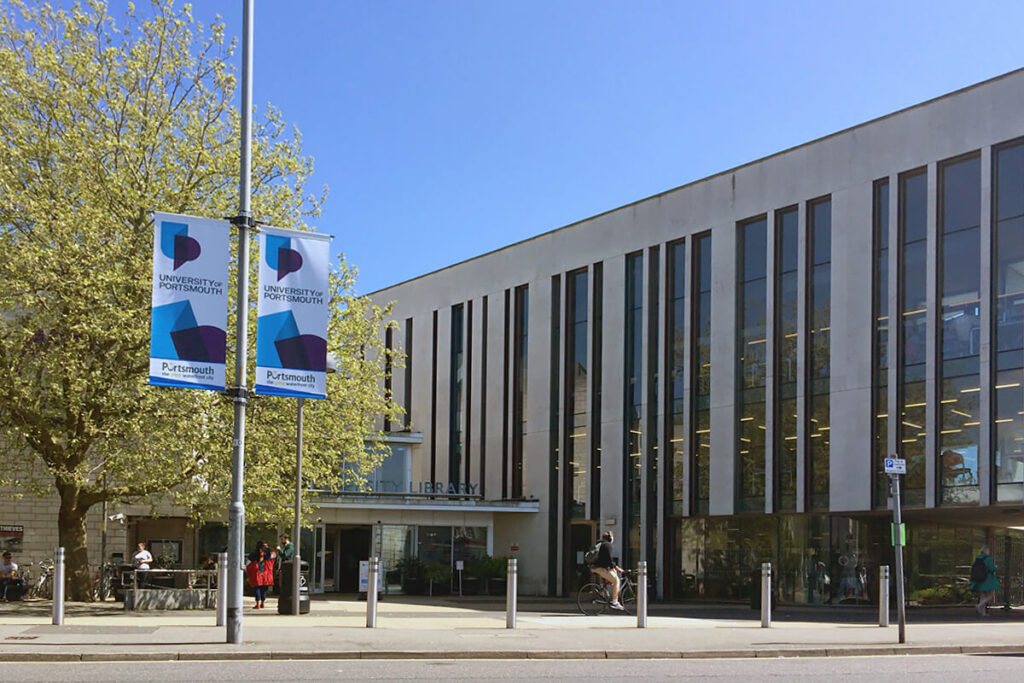
What’s the best thing about your job?
“I think being able to see the students such a lot.”
I’m in contact with them in the classroom, but also in Student Voice Committees where they give feedback on what’s working for them and what’s not working so well.
I take those comments back to the library and we try our hardest to resolve any issues.
Are there any challenges you face?
The biggest challenge is always the budget. You don’t know how much you’ll get and many universities have been forced to cut back in recent years.
“We struggle with eBooks being more costly than print books. We buy lots of eBooks individually, but others are only sold in packages which can be expensive.”
Having said that, we’ve been lucky over the last 10-15 years that we’ve made successful funding bids to buy some online archives outright. We’ve got a good range of online archives available for the students now.
How do you think university libraries might evolve over the next decade?
We’re looking at our lending statistics, and book loans have dropped drastically since the pandemic. So it seems like the students have got out of the habit of using print books.
However, there are some titles you can’t buy as eBooks, so the print copies are always going to be borrowed. Also, some students (particularly mature learners) are less keen on eBooks.
“I think we’ll lose more printed stock and create more study spaces. There are all sorts of demands on space in the library.”
Something I’ve seen in other post-92 university libraries is that they’ve providing baby changing rooms and facilities for young children who are going to the library with their parents.
I went on an Erasmus trip to Granada, and in one of the university libraries there, they had ‘maker spaces’ where students could build all sorts of products in connection with their courses.
“We always have a lot of demand for individual quiet spaces…and the library is also the place on campus for students to socialise”.
We see students coming in groups, or if they come in by themselves, they phone around to find out where their friends are so they can sit with them.
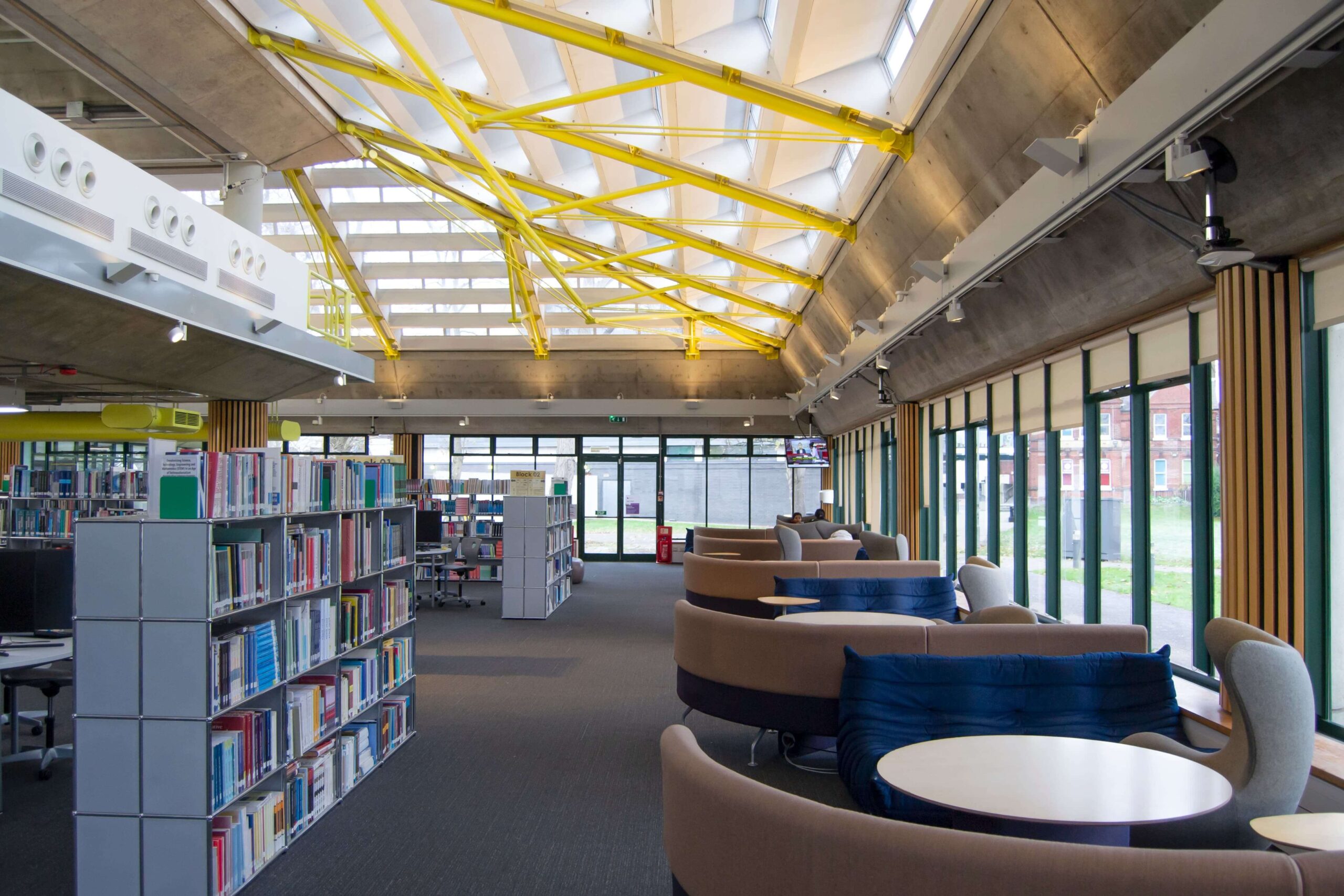
How do you relax outside work?
I studied languages at A-level and at degree level, so I enjoy watching foreign TV series on Walter Presents.
“It’s really nice to be able to get the foreign language context. When I was studying languages…there wasn’t anything available like that.”
There are some really good Italian series. ‘Inspector Ricciardi’ is set in 1920s and 1930s Naples. ‘Il Cacciatore’ (‘The Hunter’) is about the war between the mafia and the state prosecutors in 1990s Sicily. ‘Ice Cold Murders’ is a crime drama set in Val D’Aosta in the north of Italy.
If you prefer French, ‘Vanished by the Lake’ and sequels, including ‘Fear by the Lake’, are good. For German, the ‘Deutschland’ series (’83’, ’86’ and ’89’) are excellent.
Otherwise, I relax by cooking – from homemade soups to fish pies, pasta bakes and lots of cakes (especially chocolate!). Plus, I enjoy walks along by the sea, which is five minutes from my house.
What’s your favourite book?
I would have a really hard job choosing just one.
I like the CJ Sansom novels set in Tudor England, with Matthew Shardlake as an investigative lawyer. Also, Donna Leon’s Commissario Brunetti books, set in Venice. Plus, Ian Rankin’s Rebus novels, set in Edinburgh.
What’s your favourite song/album/artist?
Again, it’s a hard job to choose just one.
I like songs from Andrew Lloyd Webber musicals, like ‘Close Every Door’ and ‘Don’t Cry For Me Argentina’. I’m a big opera fan, especially Verdi, Mozart and Puccini.
If you could send one message to library users, what would it be?
Don’t just use Google or Google Scholar. You’ll get better results using the specialist resources your library buys for you.
Thank you for a great conversation, Anne. My viewing and reading wishlists have just got longer!
The images in this blog post are copyright (2023) University of Portsmouth and used with permission.
If you enjoyed this, and would like to be featured, please email marketing@kortext.com or drop us a comment below!

